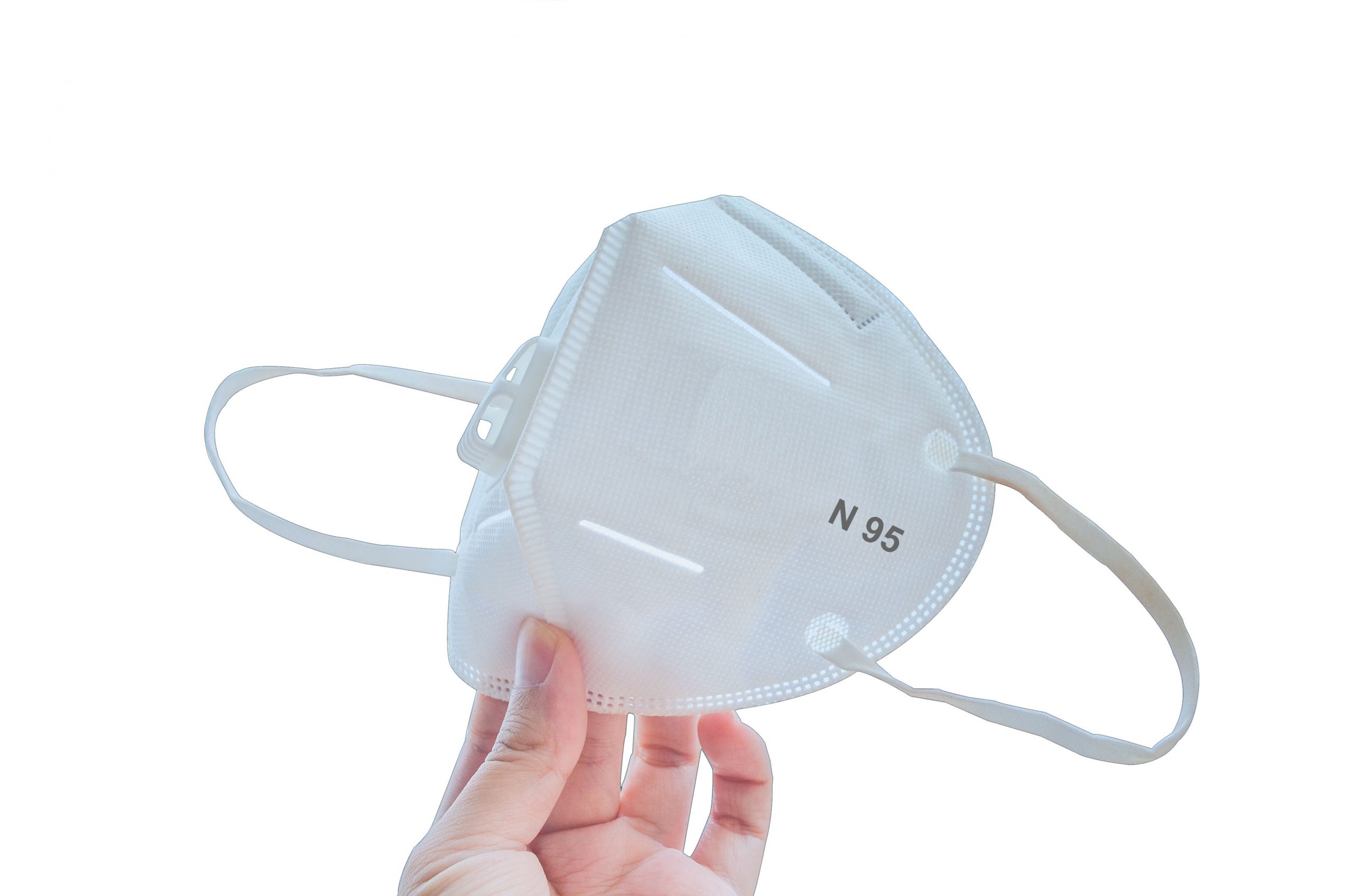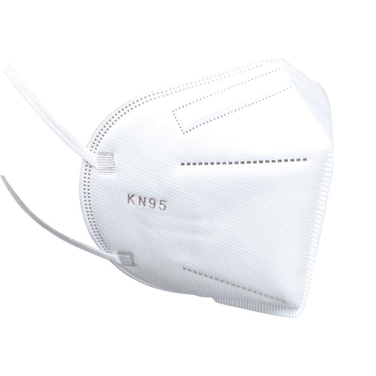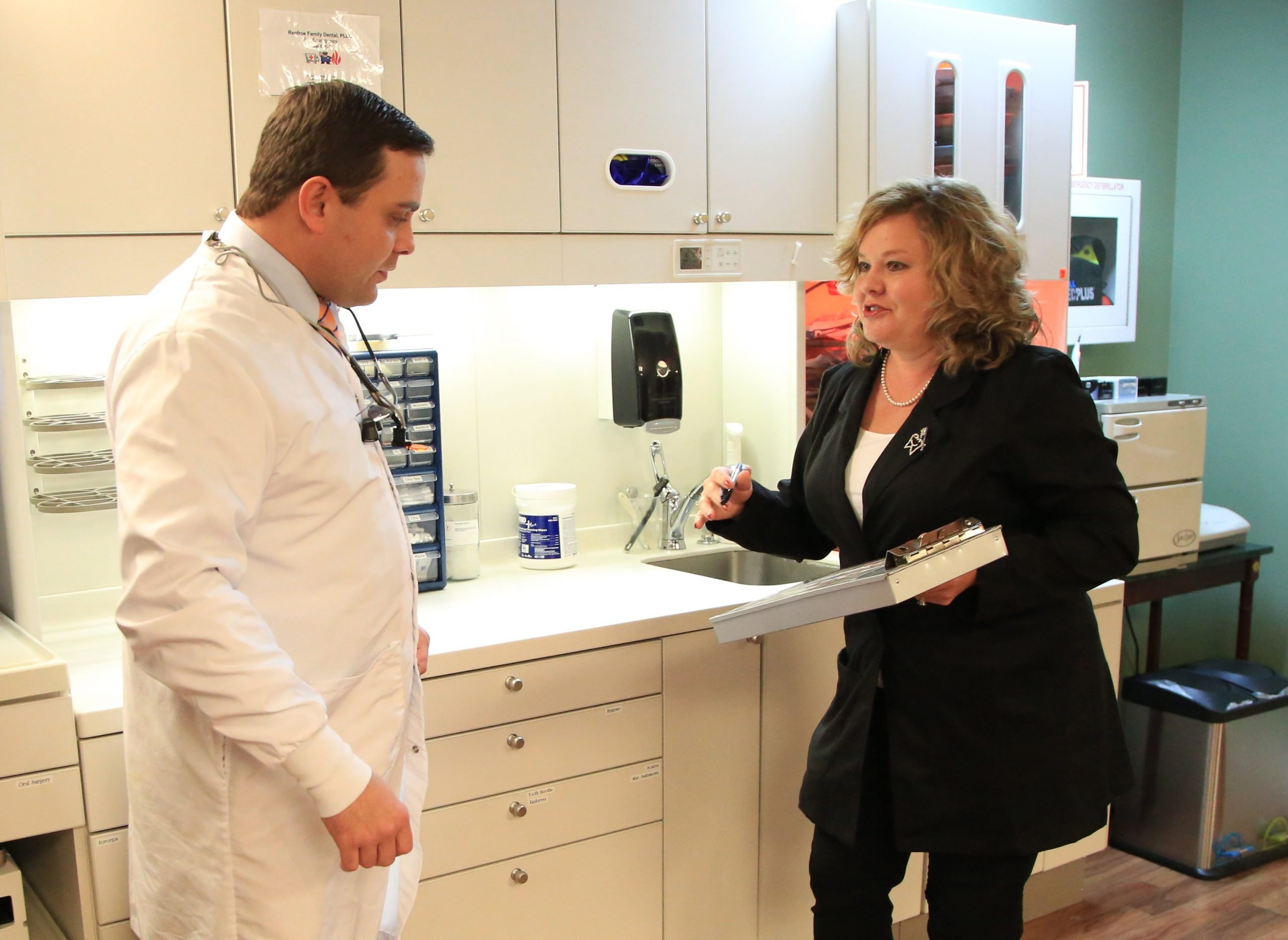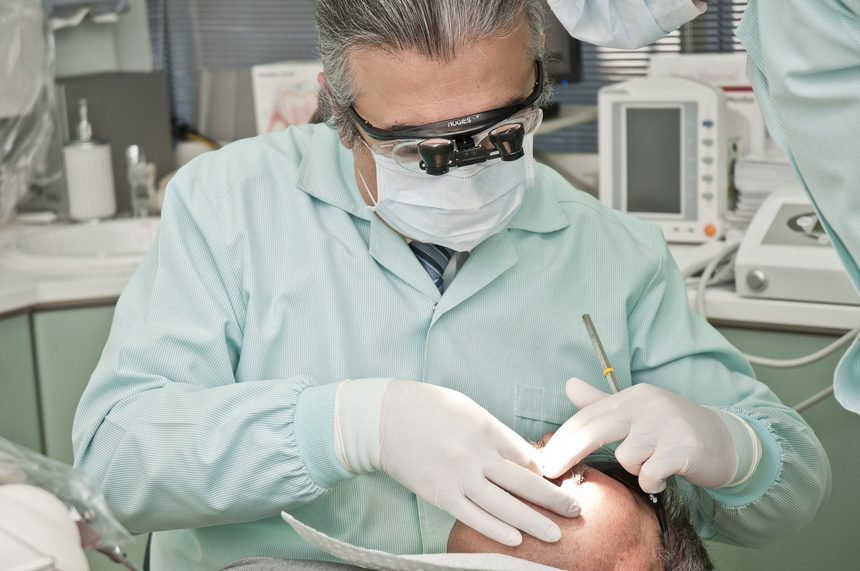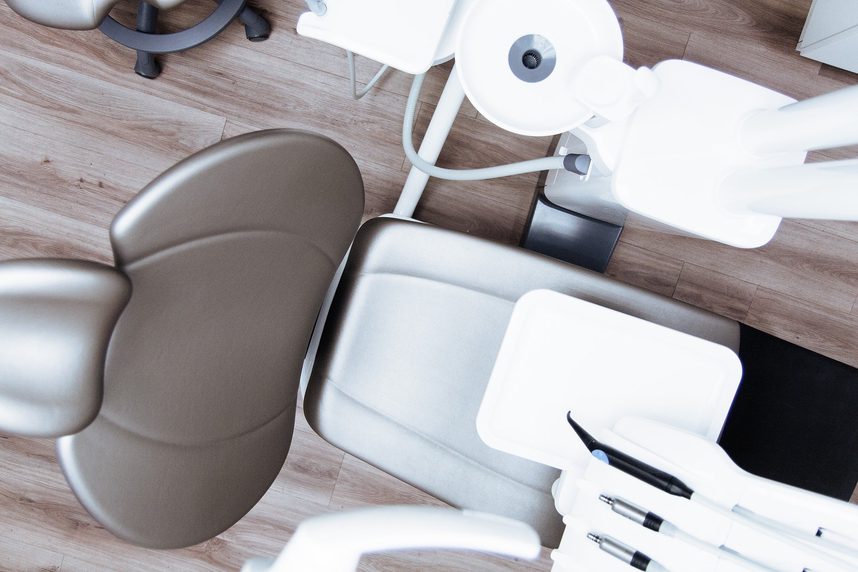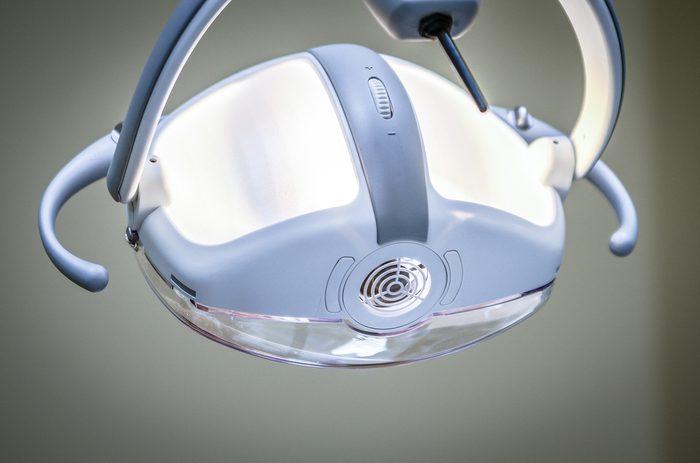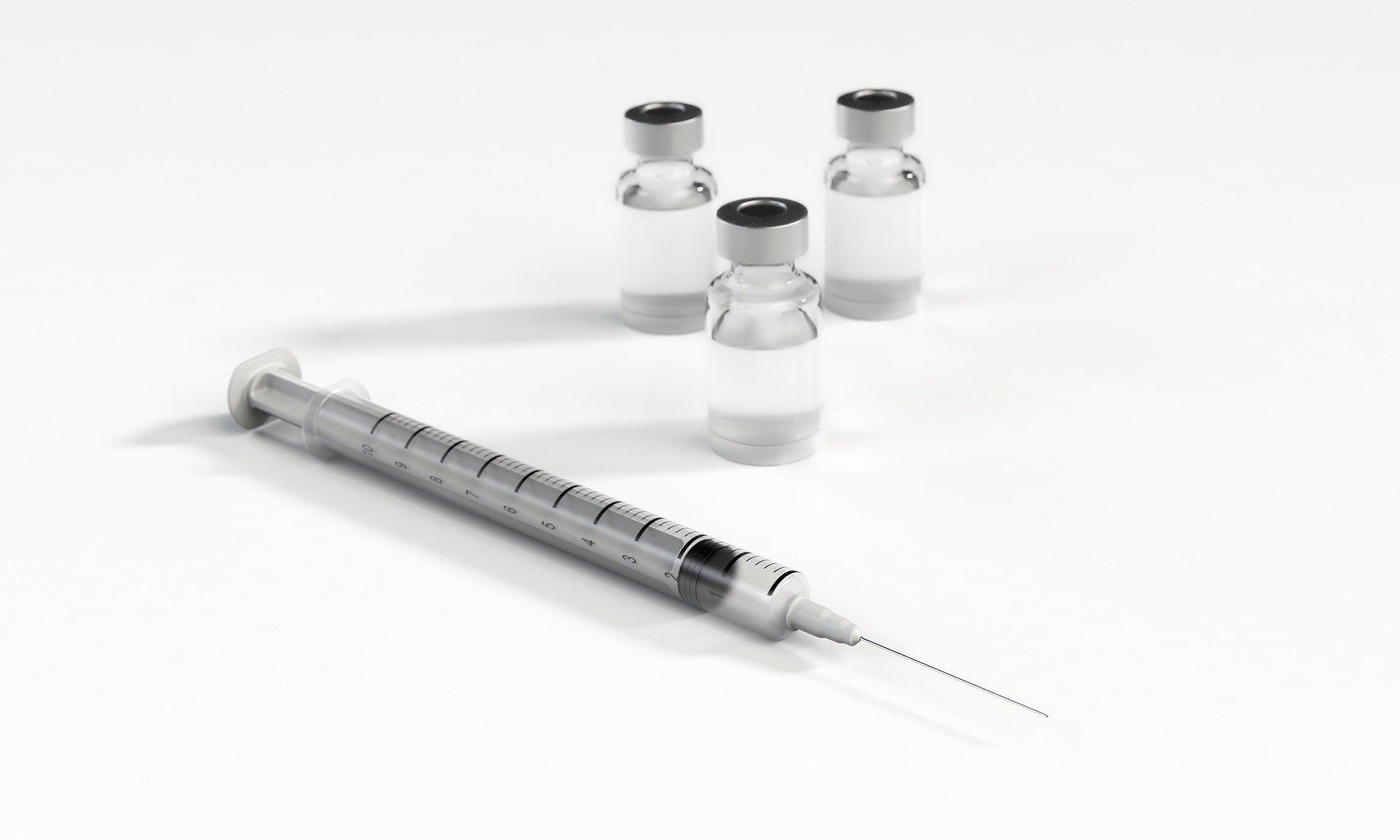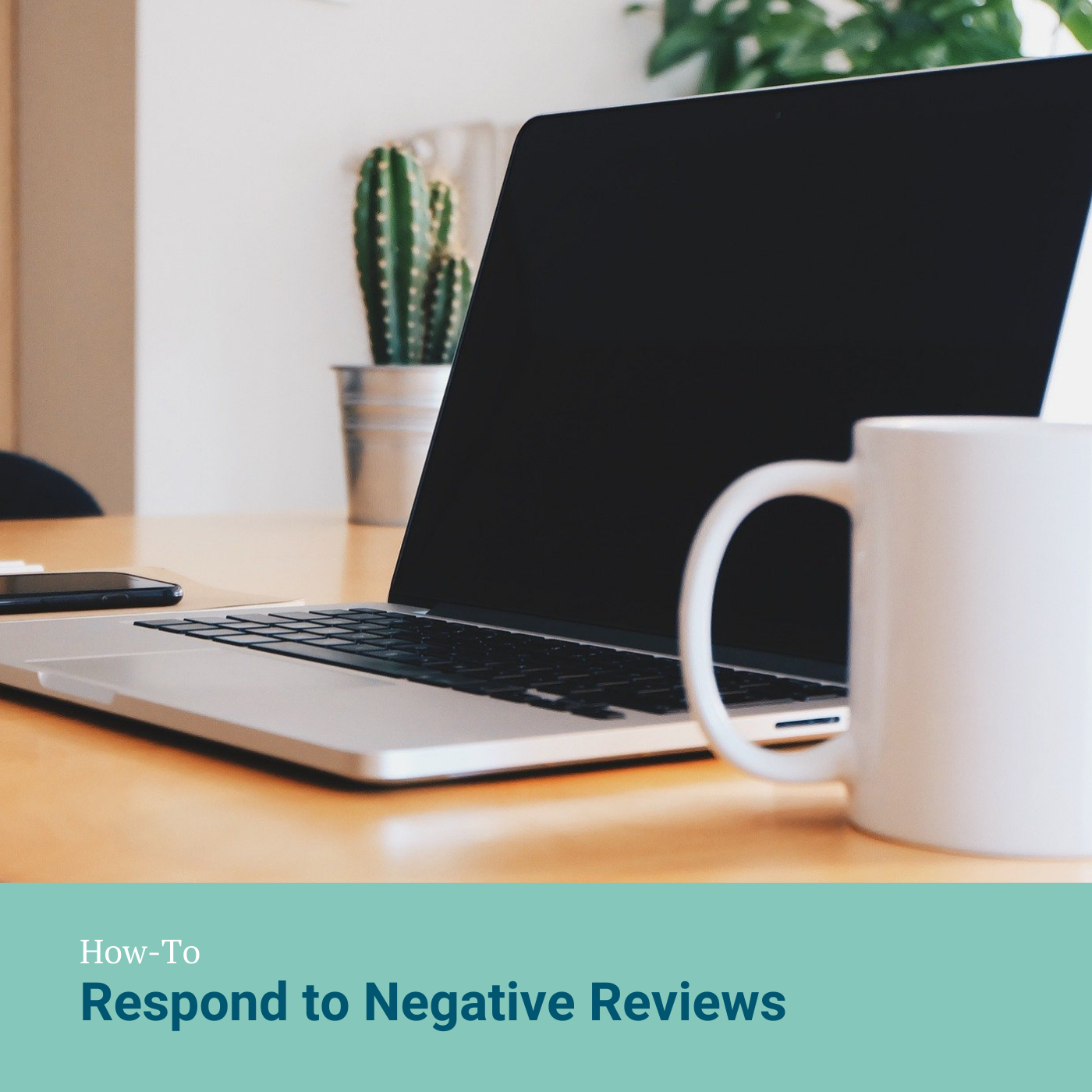Blog Posts
Business Associate Agreements: From “What?” to “Done!”
The saying “it takes a village” doesn’t only apply to raising children – there are many other businesses that keep your practice running successfully that cannot be in-house or self-supplied. This is essentially what business associates are. Here’s the more technical version: A business associate is a person or entity who performs functions or activities on behalf of or provides services to a covered entity that involves access to PHI. The HIPAA Rules require that the Business Associate will appropriately safeguard PHI.
Tuition Payback Agreements - Protect Your Employee Investment
Let’s face it, many practices are struggling with the staffing shortage. Those who are employed are likely working doubly hard, handling the duties of two people. It may be difficult to recruit RDHs and RDAs right now; particularly those who have added skills.
Is a level 3 mask and face shield equivalent to wearing a N95?
A surgical mask is fluid-resistant and provides protection against large droplets, splashes, or sprays. The N95 respirator is effective against small particle aerosols and large droplets.
The surgical mask is loose-fitting and leakage occurs around the edge of the mask when the user inhales. The N95 respiratory is tight-fitting. When properly fitted and donned, minimal leakage occurs. CDC published the Interim Infection Prevention and Control Recommendations for Healthcare Personnel During the Coronavirus Disease 2019 (COVID-19) Pandemic, updated September 20, 2021. 1 In this guidance, CDC recommends implementing the universal use of personal protective equipment for healthcare personnel.
Clear as Mud? Understanding the KN-95 Suspension by FDA
There is much confusion over FDA suspending the Emergency Use Authorization on KN95s. Keep in mind that the Chinese version of N95s do not meet US standards.
Since supplies of N95s are readily available, we can no longer use the KN95s. They are not NIOSH-approved. Even if the Emergency Temporary Standard (ETS) does not apply because dental offices are not hospital-based, they are screening all non-employees for COVID symptoms and they prohibiting seeing suspicious COVID or confirmed COVID, they still come under CDC’s guidance.
Easy (and Compliant!) SDS Organization
One of the things we’ve noticed over the years in visiting different practice’s is the state of their SDS binder. We often see what we refer to as “Frankenbinders,” which have chunks missing, pieces of unrelated materials added, and an overall disarray of pages. When you look at it, it gives you feelings of dread and procrastination and you definitely wouldn’t want OSHA to see it if they were to drop by unannounced.
FDA Revokes KN-95 Emergency Use Authorization
During the shortage of N95 filtering facepiece respirators, the FDA issued an emergency use authorization of KN95s. KN95s stands for the regulatory standard for filtering facepiece respirators that are certified in China and are not NIOSH-approved.
Flowable Space: Setting Up an Efficient Sterilization Center
Did you know that the way your Sterilization Center is set up could save you 5+ minutes per procedure and set your practice apart in infection control? Laying out your Sterilization Area efficiently puts your practice in the fast lane on the road to success. Take an honest look at your practice’s Sterilization Center and compare to the layout ideas below:
OSHA’s Emergency Temporary Standard for Occupational Exposure to COVID-19 and the Meaning of GRAVE DANGER
As many of you are aware, OSHA published the Emergency Temporary Standard known as ETS. Generally, dental offices are not subject to ETS if they can answer ALL 3 OF THESE CONDITIONS AS “YES”:
The Ins and Outs of Donning and Doffing PPE
Did you know that your policies should include PPE donning and doffing procedures? When it comes to PPE, the sequence of donning and doffing is just as important as the PPE you’re wearing. Following the proper sequence can save you time and aid your efforts in fighting the spread of infection.
OSHA’s New Standard: Are You Taking This Information Seriously?
OSHA officially published the Occupational Exposure to COVID-19 – Emergency Temporary Standard. According to OSHA, for the first time in 50 years, OSHA faces a new hazard so grave that it has killed nearly 600,000 people in the U.S. in barely a year and infected millions more. OSHA also reported that as of May 24th, over 491,816 health care workers contracted COVID-19 and more than 1,600 of the workers died.
Does OSHA’s New COVID-19 Workplace Regulations Apply to Your Practice?
OSHA published the COVID-19 Emergency Temporary Standard (ETS) on June 10th.
https://www.osha.gov/coronavirus/safework
This standard generally does NOT apply to your dental office IF you meet ALL of the following conditions:
OSHA’s Deal for Fully-Vaccinated Practices
On January 29, 2021, OSHA issued stronger guidance on helping employers implement a COVID-19 prevention program. OSHA has a National Emphasis Program for COVID-19. The Primary Target Industries include healthcare such as dentist offices and doctor offices.
Compliance involves assessment of the hazard, identification of control measures, implementation of policies, and training employees. According to Larry McGowan, Supervisory Industrial Hygienist at OSHA’s Office of Health Enforcement, if a dental office receives a programmed inspection and all of the employees are vaccinated against COVID-19, likely the inspection would terminate.
Are Respirator Medical Evaluations Required Annually?
OSHA has temporarily suspended annual medical evaluations during COVID due to shortage of respirators.
CDC indicates the following regarding medical evaluations:
Are patients asking you if you had the COVID-19 vaccine? How are you responding?
According to CDC, 39.3% of the U.S. population is fully vaccinated. The good news is that 74% of the population 65 years or older are fully vaccinated.
Our office is receiving numerous support calls about patients asking staff if they are fully vaccinated against COVID-19. How do you respond to this question?
CDC Update for Vaccinated Persons
Have you been vaccinated against COVID-19? CDC provided this recent update for those who have been vaccinated:
Guiding principles for fully vaccinated people are now provided in CDC’s Interim Public Health Recommendations for Fully Vaccinated People. CDC indicates that despite the updated published guidance, immunocompromised people need to consult with their healthcare provider regardless of vaccine status. Summary of recent changes that affect you:
Questions to Ask When Interviewing an IT Company to Serve Your Practice
Everyone knows that having the right IT company to serve your practice is acutely important, but how do you choose the right one? Asking the right questions will clarify whether or not the IT company you’re interviewing will meet your needs in the ever-advancing world of technology and security threats. Let’s explore some questions that you can use as your framework.
Does OSHA’s New COVID-19 Workplace Regulations Apply to Your Practice?
OSHA published the COVID-19 Emergency Temporary Standard (ETS) on June 10th. See Emergency Temporary Standard here: https://www.osha.gov/coronavirus/safework
This standard generally does NOT apply to your dental office IF you meet ALL of the following conditions:
Are patients asking you if you had the COVID-19 vaccine? How are you responding?
According to CDC, 39.3% of the U.S. population is fully vaccinated. The good news is that 74% of the population 65 years or older are fully vaccinated.
Our office is receiving numerous support calls about patients asking staff if they are fully vaccinated against COVID-19. How do you respond to this question?
Most dental offices are operating with a voluntary COVID-19 vaccine program. There are those who decline the vaccine due to religious beliefs and those who decline due to medical reasons. There are also those who decline simply because they are not confident in the vaccine at this current time.
How to Respond to Negative Reviews
In this age, to say that a business’ online presence is important would be a gross understatement. Whoever handles the practice’s media accounts is in effect managing the business’ reputation and how the practice communicates their objectives to both current and potential patients. Research shows that a whopping 79% of consumers go online to find medical / dental services, so it is vital to handle this facet of your business wisely.
Exceed The Time and Pay The Dime! Right to Access Law
Failure to provide access to one patient’s request of access to his/her medical records can lead to a hefty penalty for Health Care Providers (Covered Entities). The Office for Civil Rights settles their 16th case of the Right to Access Initiative enforcement that went into effect at the end of 2019. Sharp Health Care had to pay a $70,000 penalty for failure to take timely action in response to a patient’s records access request.



